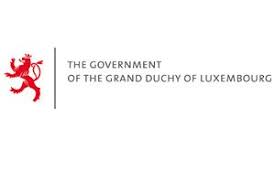Mainstreaming Public Participation into Climate Budgeting: Insights from Bangladesh, Indonesia, and Nepal
PEFA is pleased to announce the launch of a new PEFA Research Series paper: “Mainstreaming Public Participation into Climate Budgeting”.
Meaningful participation and systematic public engagement are essential for effective climate budgeting. Without robust participation, there is a heightened risk that government financing will misalign with citizens’ climate change needs and priorities. The new exploratory study uses a case study approach to examine how the governments of Bangladesh, Indonesia, and Nepal are providing opportunities for meaningful public participation and systematic public engagement in climate budgeting.
Overall, the study found scope for improving budget participation and oversight in climate change in all three countries. All three countries had climate change fiscal frameworks that support transparency in climate-related budgeting. In addition, the countries fostered an enabling environment for state and non-state actors to engage in public climate finance accountability mechanisms, with informal spaces fostering greater engagement. However, the analysis revealed shortcomings in inclusiveness, timeliness challenges, and concerns about whether participation is simply a formality without significant impacts on policy decisions. Also, several broad factors played a crucial role in inhibiting community engagement and participation. These include a lack of responsiveness from the authorities concerning public inputs, insufficient awareness about the processes that govern formal consultations and participatory spaces, negative public perceptions that discussions are only formalities, and poor facilities to support public participation.
Further analysis and consultations are needed to understand the root impediments to public participation in climate budgeting and financing. This effort could include designing and testing a Global Initiative for Fiscal Transparency (GIFT) assessment framework that scores governments on their adherence to the GIFT principles, as well as undertaking regular climate public expenditure and institutional reviews, which assess national climate planning and budgeting frameworks and identify gaps and opportunities to improve public participation and accountability.
As climate change accelerates, the burden on households is increasing. But the study found that reliable data on this is yet weak. To facilitate the alignment of climate spending by governments and donors with the needs of citizens, there is also a need to design and test climate-related household spending survey instruments to provide credible data on household spending on climate change.
Follow PEFA on Social Media:





